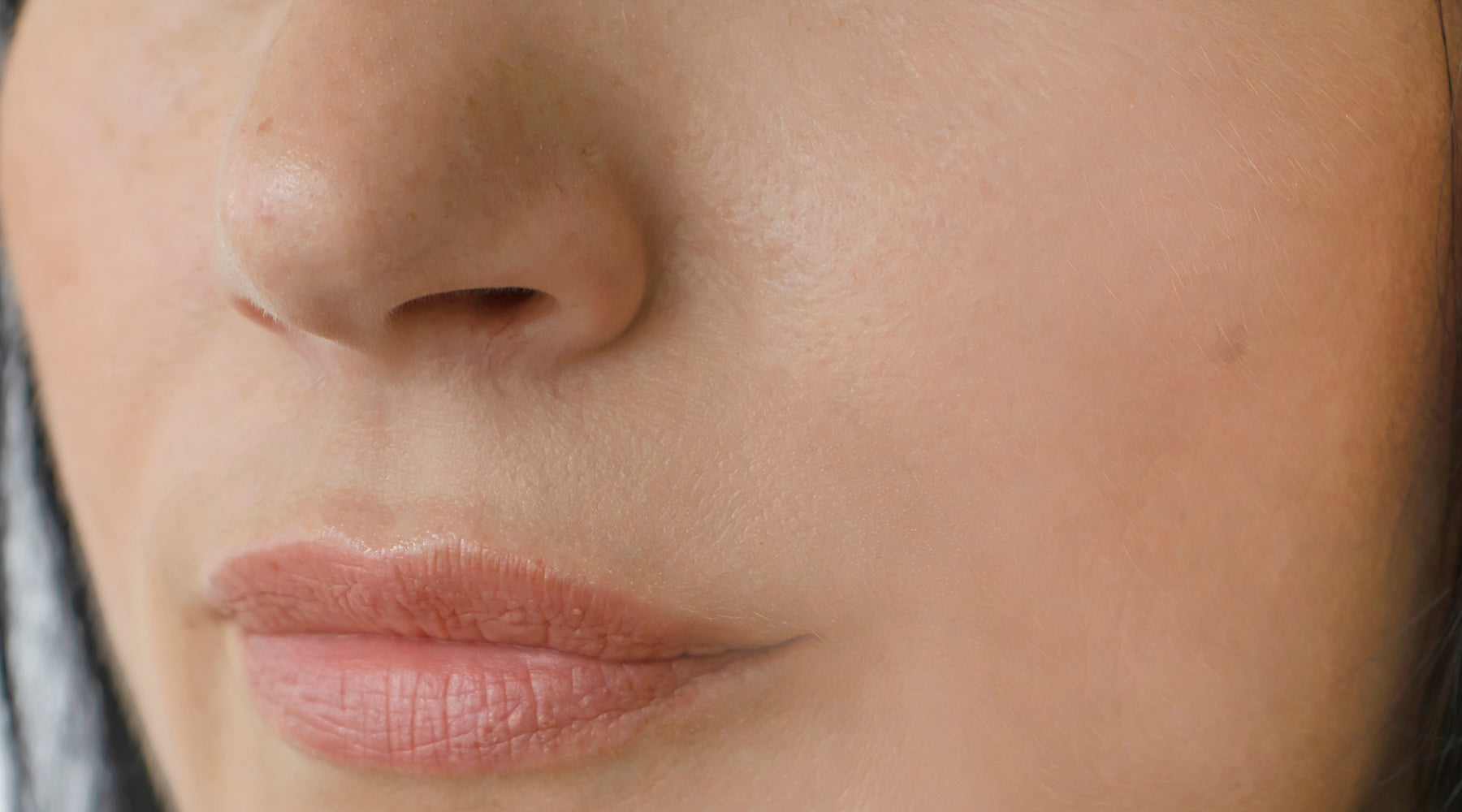
Retinol Cream for Sensitive Skin
Retinol is a vitamin A derivative commonly used in skincare products, and it is known for reducing fine lines and wrinkles and improving skin texture. However, using retinol cream can be challenging for people with sensitive skin. Retinol can cause redness, irritation, and peeling, especially when used in high concentrations. Therefore, it is important to choose a retinol cream that is specifically formulated for sensitive skin.
Finding Retinol Cream for Sensitive Skin
Choosing the right retinol cream for sensitive skin can be a daunting task. Many retinol creams contain high concentrations, which can be too harsh for sensitive skin. Therefore, it is important to look for retinol creams formulated with lower concentrations of retinol and have soothing ingredients to reduce irritation.
Here are some soothing ingredients that you can consider combining with retinol:
Remember to patch-test new products and ingredients and consult a dermatologist if you have concerns about using retinol or other skincare products.
How to Use Retinol Cream for Sensitive Skin
Using retinol cream for sensitive skin requires a gentle approach. Here are some tips on how to use retinol cream effectively:
- Start with a low concentration: It is important to start with a low concentration of retinol and gradually increase the concentration as your skin adjusts. This will reduce the risk of irritation and peeling.
- Apply retinol cream at night: Retinol is sensitive to light and air, so it is best to apply it with minimal exposure to light.
- Use a moisturizer: Retinol can be drying, so it is important to use a moisturizer after applying retinol cream to hydrate the skin. Or use Retinol that is added to a moisturizer.
- Use sunscreen: Retinol can increase the skin's sensitivity to the sun, so it is important to use sunscreen with an SPF of at least 30 during the day.
Retinol cream can be a powerful anti-aging tool but can also be challenging for people with sensitive skin. By choosing a retinol cream specifically formulated for sensitive skin and following a gentle approach, you can enjoy the benefits of retinol without irritating your skin. Remember to patch-test the product before applying it to your face, and start with a low concentration of retinol cream.